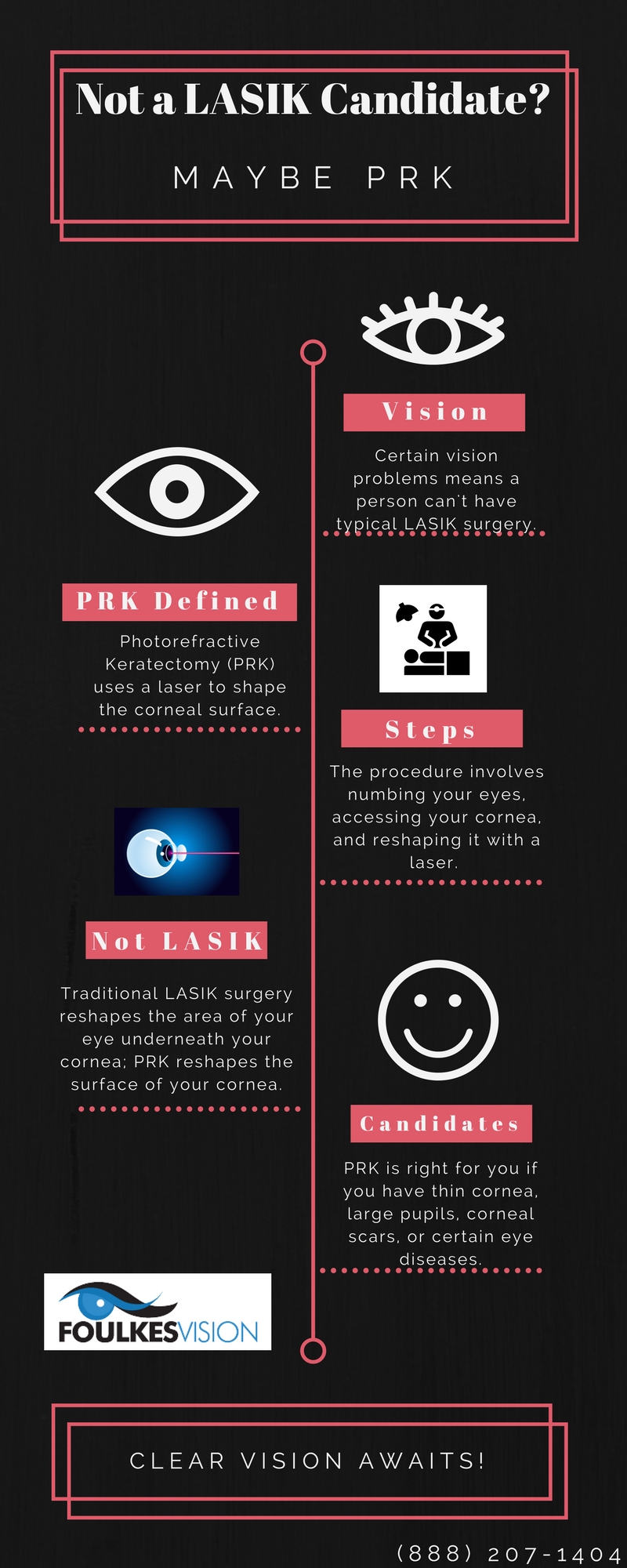Is SMILE Eye Surgical Procedure A Good Suitable For You? Crucial Insights And Aspects To Examine
Is SMILE Eye Surgical Procedure A Good Suitable For You? Crucial Insights And Aspects To Examine
Blog Article
Content Produce By-Frederiksen Bilde
If you're considering SMILE eye surgical treatment, ponder this: are you prepared to embrace potential visual flexibility, or does the thought of any threats make you think twice? simply click the up coming internet site will certainly rest on a cautious equilibrium of evaluating the benefits against the unpredictabilities. It's vital to delve deeper into the nuances of SMILE surgical procedure to make an enlightened option that aligns with your visual objectives.
Recognizing SMILE Eye Surgical Treatment
When taking into consideration SMILE Eye Surgical treatment, it is very important to recognize the procedure and its advantages. SMILE, which means Little Cut Lenticule Extraction, is a minimally intrusive laser eye surgical treatment that corrects typical vision issues like myopia (nearsightedness).
During the procedure, your eye surgeon will use a femtosecond laser to produce a tiny cut in your cornea. Via this cut, a little disc of tissue called a lenticule is removed, improving the cornea and fixing your vision.
Among the essential benefits of SMILE Eye Surgical treatment is its fast healing time. Many clients experience enhanced vision within a day or 2 after the treatment, with very little pain.
Additionally, SMILE is understood for its high success price in giving long-term vision improvement. Unlike LASIK, SMILE does not call for the creation of a flap in the cornea, lowering the threat of problems and enabling a much more stable corneal framework post-surgery.
Understanding the procedure and its advantages is important when taking into consideration SMILE Eye Surgical procedure for vision correction.
Pros and Cons of SMILE
Considering SMILE Eye Surgery for vision correction comes with numerous benefits and prospective disadvantages.
Among the primary pros of SMILE is its minimally intrusive nature, as it involves a tiny cut and generally results in quick recovery times. cataract surgery what is it is also understood for causing marginal discomfort and completely dry eye signs and symptoms post-surgery contrasted to various other vision adjustment techniques. Additionally, SMILE has been shown to offer outstanding visual results, with lots of people achieving 20/20 vision or better.
On the other hand, a prospective con of SMILE is that it might not appropriate for people with severe refractive errors, as the treatment range is rather limited compared to LASIK. Another factor to consider is that the understanding contour for cosmetic surgeons carrying out SMILE can affect the schedule of seasoned providers in particular locations.
It is essential to evaluate these benefits and drawbacks meticulously when making a decision if SMILE is the right choice for your vision modification requirements.
Determining Eligibility for SMILE
To figure out if you're eligible for SMILE eye surgical treatment, your optometrist will certainly perform a complete examination of your eye health and vision demands. During this analysis, variables such as the stability of your vision prescription, the thickness of your cornea, and the overall wellness of your eyes will certainly be evaluated.
Generally, https://lasiksurgerymeaning73940.blogchaat.com/29285426/considering-smile-surgery-explore-important-elements-and-understandings-that-will-certainly-help-you-in-getting-to-a-thoughtful-choice-concerning-your-visual-future for SMILE are over 22 years of ages, have a stable vision prescription for at the very least a year, and have healthy corneas without problems like keratoconus.
Your optometrist will certainly additionally consider your overall eye health, any existing eye conditions, and your way of life requires to figure out if SMILE is the ideal choice for you. It's essential to interact any certain visual requirements or worries you might have throughout this analysis to guarantee that the treatment lines up with your expectations.
If you aren't eligible for SMILE, your optometrist might advise alternative vision correction alternatives that far better fit your individual needs and eye health and wellness standing.
Conclusion
Inevitably, deciding whether SMILE eye surgery is right for you calls for careful consideration of your individual eye health and visual demands. Talk to your optometrist to identify your eligibility for the procedure and weigh the potential benefits and downsides. Remember to connect any concerns or questions you might have during the assessment procedure to make an informed decision about your vision adjustment options.
